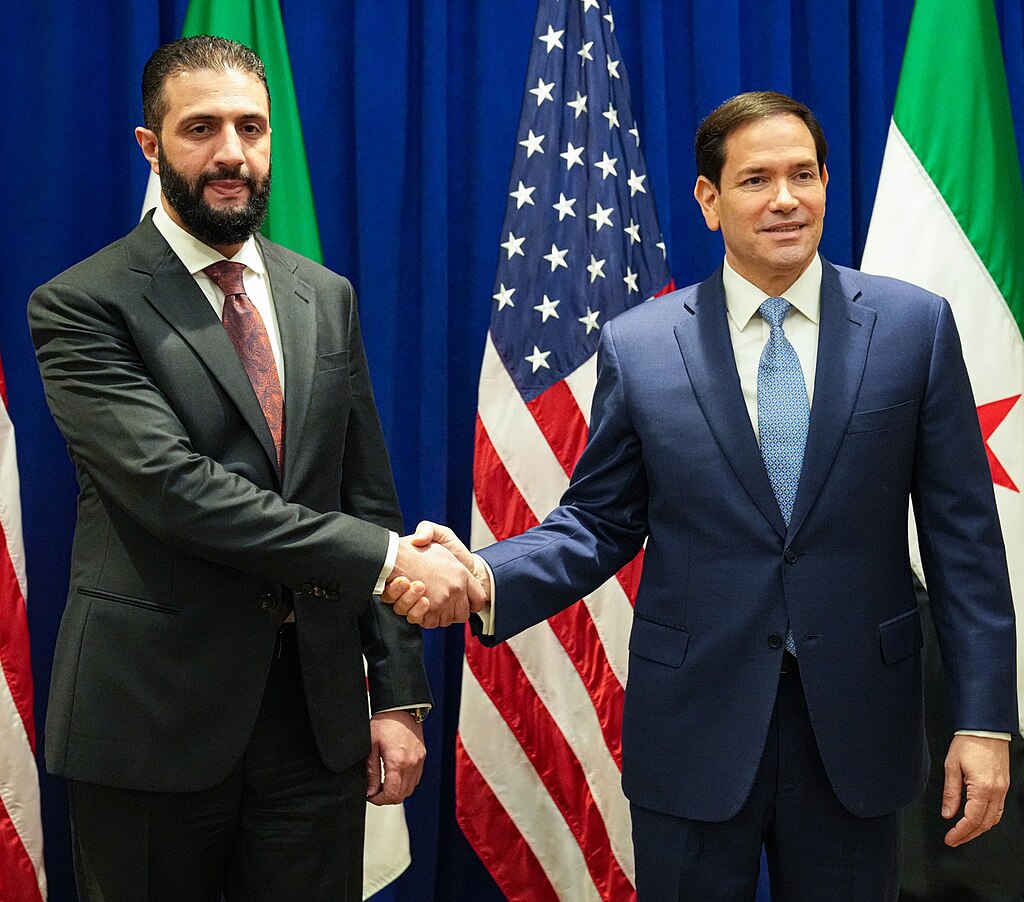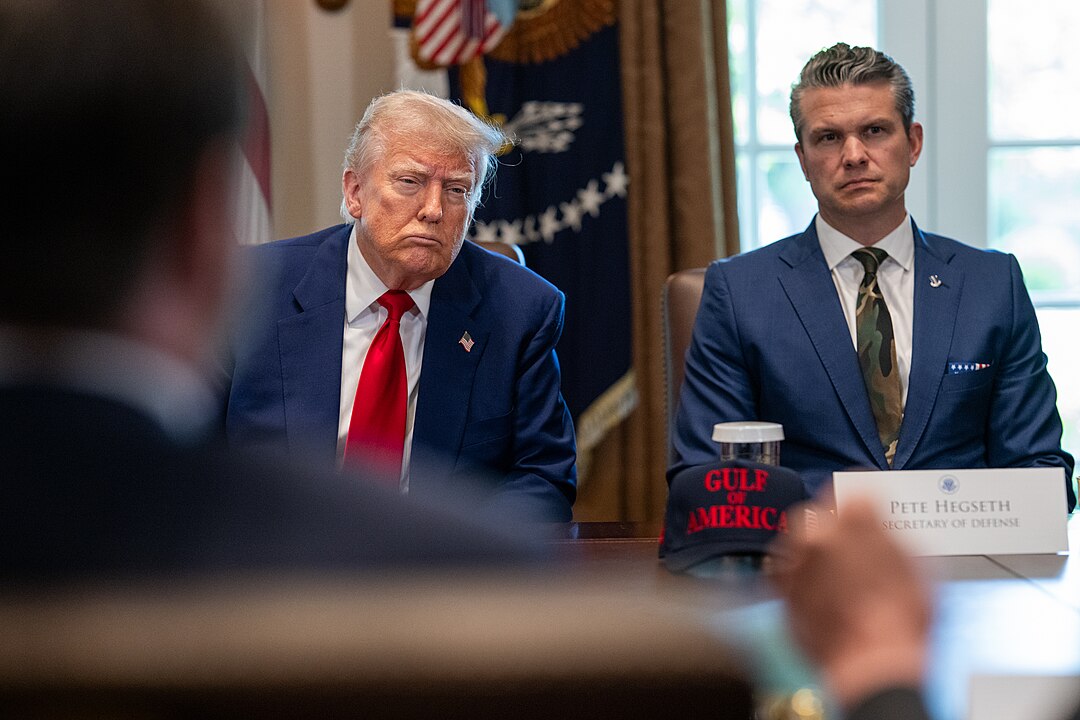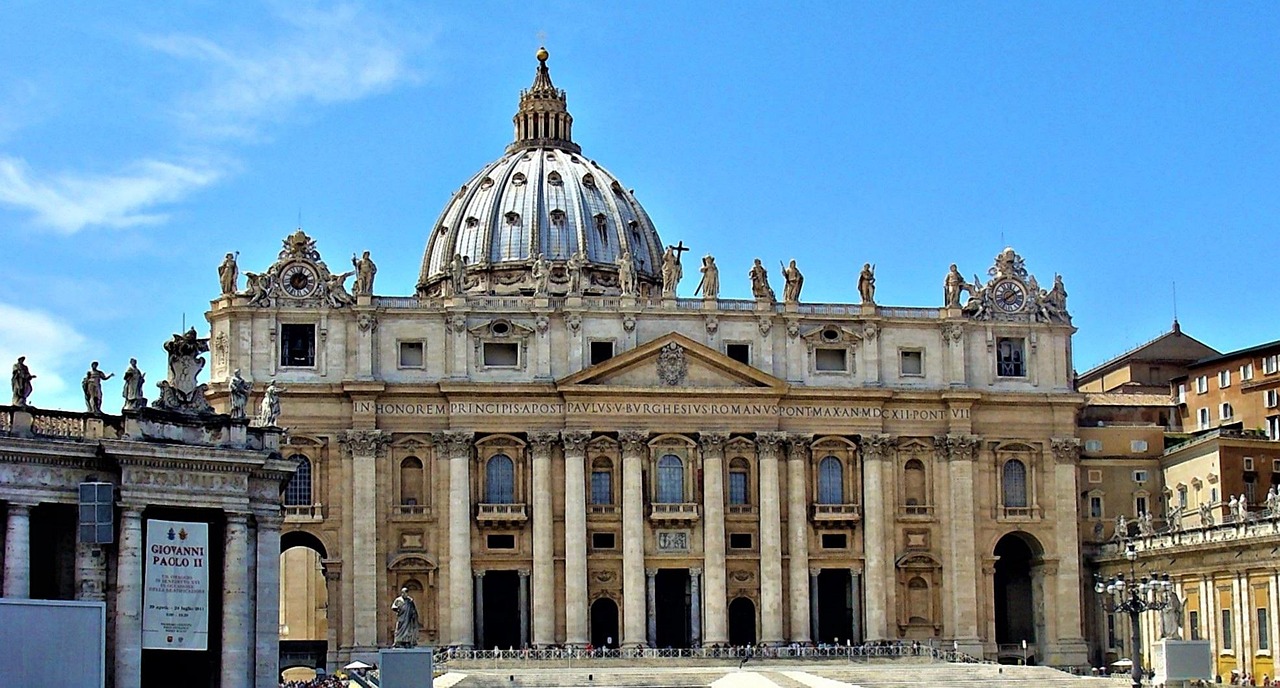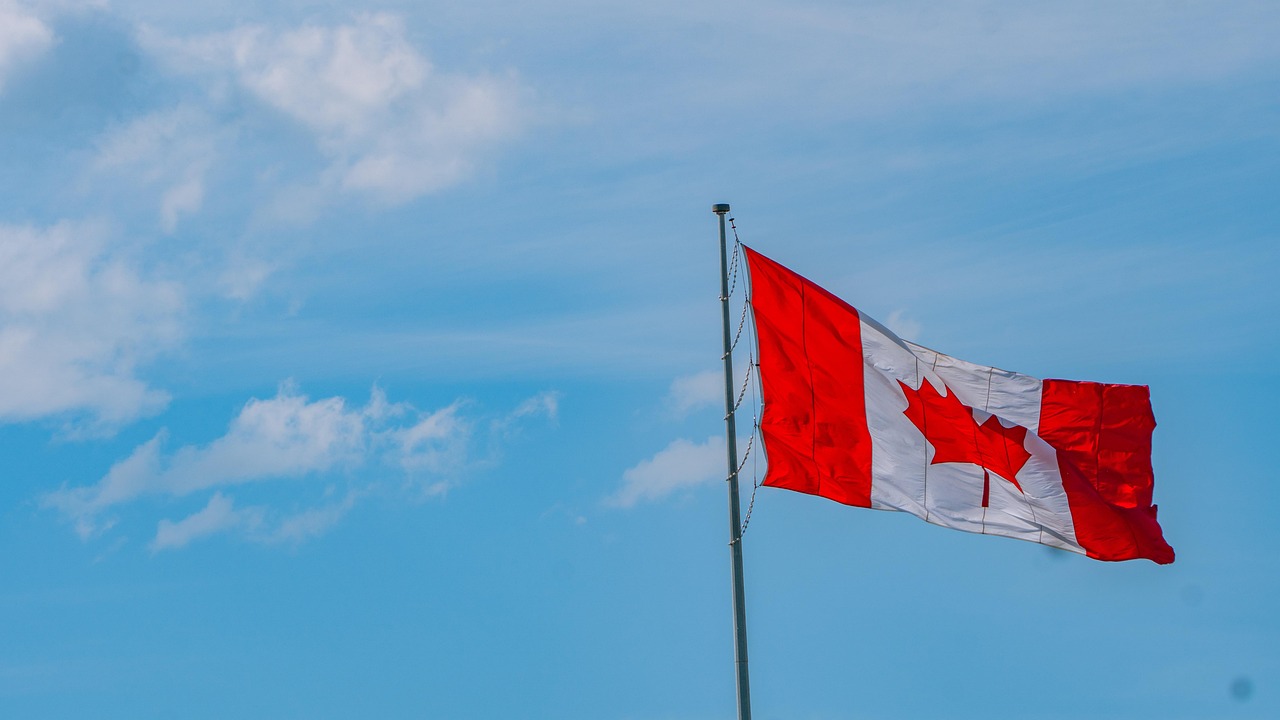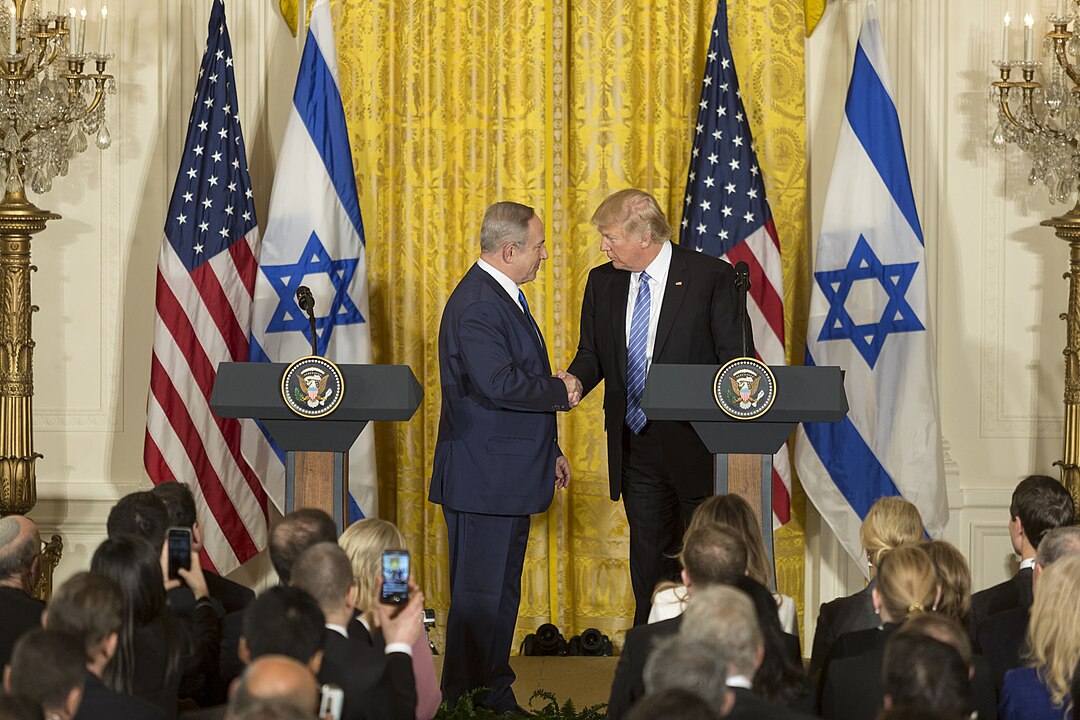President Donald Trump is scheduled to host Syrian President Ahmed al‑Sharaa on Monday in what U.S. officials are calling a historic opening in Washington’s diplomacy with Damascus. After more than a decade of isolation, war and mutual hostility between the U.S. and Syria, this meeting signals that the Trump administration is willing to test whether Syria can be drawn back into the Western-led diplomatic and security order.
According to a senior U.S. official quoted by Fox News Digital, the agenda will include counter-terrorism cooperation, economic development, and broader regional peace and security efforts. Specifically:
- Syria is expected to announce it is joining the global coalition to defeat ISIS — becoming the 90th member of the D-ISIS coalition in partnership with the U.S. to eliminate ISIS remnants and halt foreign-fighter flows.
- The U.S. will reportedly lift or suspend significant sanctions under the Caesar Act, allowing Syria to resume operations at its embassy in Washington and open avenues for U.S. investors and regional partners.
- Treasury, State and Commerce departments are said to issue joint guidance clarifying compliance for U.S. business engagement in Syria.
The broader geopolitical backdrop
- Syria’s civil war (since 2011) turned Damascus into a supplier of chaos: hosting Iranian proxies, facilitating Hezbollah logistics into Israel and disrupting Gulf states.
- The Trump administration sees transforming Syria from a liability into a partner as a strategic pivot: stabilising a war-racked client state, undermining Iran’s axis and reducing the burden on U.S. forces in the region.
- Regional players (Turkey, Gulf states, Israel, Russia) will watch closely: normalization of U.S.–Syria relations may alter alignments across the broader Middle East.
- Sanctions and reconstruction financing are big levers: if the U.S. genuinely opens up business investment, it could give Washington economic influence to match its hard-power footprint.
Early life and militant past
- Born in 1982 in Riyadh, Saudi Arabia, to a Syrian Sunni family, he later grew up in the Mezzeh neighbourhood of Damascus.
- He joined militant Islamist networks early, fighting in Iraq as part of the insurgency following the U.S. 2003 invasion. He was captured by U.S. forces and detained from roughly 2006-2011.
- After returning to Syria, he co-founded the jihadist group al‑Nusra Front in 2012 (initially affiliated with Al‑Qaeda) and later transformed it into Hay’at Tahrir al‑Sham (HTS) in 2017, as he repositioned toward governance rather than external jihad.
Rise to power and Syria’s transition
- In late 2024 HTS launched a successful offensive that led to the collapse of the Bashar al‑Assad regime, after which al-Sharaa became Syria’s de facto leader and in January 2025 was formally declared “President for the transitional period.”
- His government has introduced an interim constitution, and announced a five-year transition period aimed at rebuilding state structures and reintegrating various armed groups into a national army.
- Despite these formally good-looking measures, rights groups warn that power remains tightly held by al-Sharaa and HTS loyalists, the cabinet is stocked with former rebels, and his Islamist credentials remain deeply problematic.
Serious caveats
- His past remains disqualifying for many: years as an al-Qaeda-affiliated insurgent, a designation as a global terrorist by the U.S. in 2013, and accusations of war crimes by his prior groups.
- There is significant risk the U.S. could be seen as legitimising a former jihadist commander without fully penalising past abuse. Rights groups and some lawmakers in Washington and Europe have already raised this.
- Stability in Syria remains fragile: al-Shraa’s interim government faces protests.
Syrian-American activist Hicham Alnchawati of the Syria Freedom Path organization told Fox News Digital that Syrians largely welcome the visit.
“They’re looking for a better future,” he said. “They suffered the war — there’s no water, no food, no economy, and no security. He knows his interest is with the U.S. He’s coming here to achieve mutual interests for both the U.S. and Syria.”
Alnchawati argued that lasting stability will require eliminating Iran’s and Hezbollah’s influence.
“If you really want stability in the Middle East, you have to finish the job with Hezbollah and the Iranians,” he said. “They have to be totally dismantled. Otherwise, they’ll reignite the conflict one more time.”
